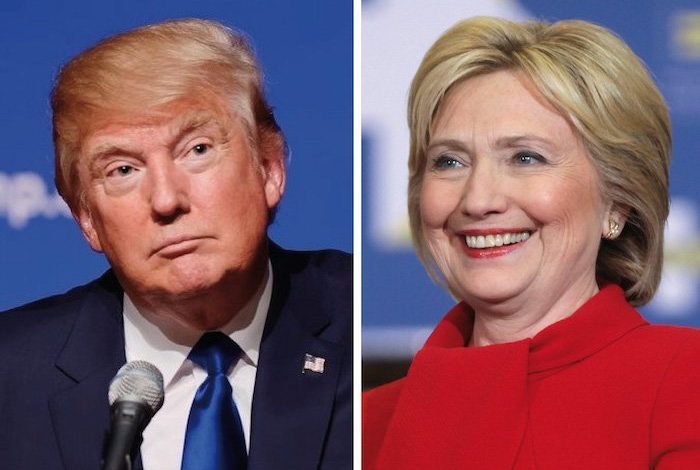What the US presidential election harbours for shipping

With the United States presidential campaign season having started earlier this round and having become more of a circus than any other in recent memory, one can’t help but speculate as to what effect the election of any of the leading candidates may have on the shipping industry.
The first question that raises its head is not whether one candidate or party will perform better when in power than the other, but rather whether all major candidates and parties have staked out positions which are not conducive to solid economic growth. And the major driver at this point for shipping is the state of the world economy, and the effect on it by the largest economy, that of the US.
Clearly, both political parties favour elites. The Republicans have historically favoured the wealthy elites. The Democrats, since the 1970s have favoured university trained elites, the professional class. Republican policies support wealthy individuals and larger corporations, even at the expense of smaller business people. An example exists in my own family. My father, with extensive experience with a large corporation in pharmaceutical exporting to China during the pre-revolution 1940s, started two companies in the 1950s. But the Republican Eisenhower administration would only grant export licenses to large corporations because of the anti-communist red scare.
The Republicans often justify their policies saying that prosperity will trickle-down to workers throughout the economy. A half a century has proven that idea wrong. During the 1980 Republican presidential primary George H. W. Bush correctly referred to Ronald Reagan’s trickle-down policies as voodoo economics.
But wait! Haven’t the Democrats pursued a trickle-down economic policy of their own. At the beginning of the Barack Obama administration large banks and insurance corporations were bailed out and little was done for workers.
The Tea Party anti-Obamacare passion really began with the uprising against the Wall Street bailout. In fact it took two attempts to pass the financial bailout because members of Congress were pressured to vote against it by their constituents. The political result was that after riding very high after gaining control of the House of Representatives in 2007 and the presidency in 2009, the Democrats subsequently fell into such disfavour that they currently have the lowest number of members in the House of Representatives since the election of 1928. And the Democrats’ economic policy throughout the last seven years has included reappointing Federal Reserve Chair Ben Bernanke and appointing Janet Yellen, both who have contributed to a recovery that has not increased wages but only kept interest rates near zero.
Needless to say, this policy by the Federal Reserve has helped destroy dry bulk shipping by keeping newbuild financial costs low and injecting poorly managed hedge fund involvement in shipping. In addition, the recovery has virtually all gone to the top 10% of the population. Again trickle-down has failed. If the Federal Reserve had begun to raise rates five or six years ago and then gone to Congress and said that it was time for government infrastructure projects to create jobs because only bubbles would be created by continued near-zero rates, the country would be far better off today. Growth would have been more balanced and benefited workers.
The major problem with the current presidential race is that neither leading candidate is addressing stimulating the economy in a way that benefits workers. Income inequality is not just a matter of fairness, it is a matter of keeping a nation’s economy robust.
One key factor is also the relation between the United Stats and China. China has wisely shifted to a consumer driven one and is developing the One Belt, One Road initiatives. These policies will reduce Chinese reliance on the US consumer market for its exports. Candidate Donald Trump’s anti-Chinese ideas will be a disaster but Hillary Clinton’s previous, and probably post-election, support of the Trans-Pacific Partnership (TPP) is not much better. Clinton was the secretary of state as Obama’s anti-Chinese pivot to Asia policy was developed. In addition to the TPP, the pivot to Asia has included prodding Japan to expand its military’s role in probable violation of its constitution, urging Asian and European allies to not join in the Asian Infrastructure Investment Bank (AIIB), and stirring up South China Seas territorial issues.
It is unfortunate that both Trump and Clinton have negative policies with respect to China and Asia, not positive ones. Since Xi Jinping became president, China has developed trade with countries in Asia, Latin America, Europe, and Africa. These actions are beneficial to shipping. US candidates’ policies against this potential growth can only be very detrimental to the maritime shipping industry.
